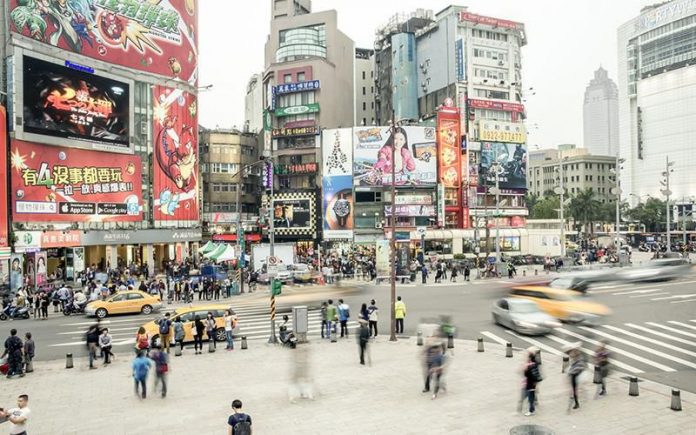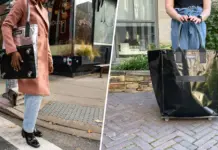Taiwan…has one of the world’s most efficient recycling programs, claiming 55 percent of trash collected from households and commerce, as well as 77 percent of industrial waste. According to Plastics Technology, in 2015 more than 1,600 recycling companies were in operation, bringing in some US$2 billion in annual revenues.
Today it’s hard to see any trash or even garbage bins while walking through Taipei. Yet this transformation was hardly conceivable just 25 years ago, when the island struggled so much to clean up the waste resulting from rising living standards and soaring consumption that it had the unflattering moniker of “Garbage Island.”
Faced with mounting unrest, the government…drafted a new waste management framework encouraging citizens and manufacturers to adopt practices that result in less garbage generated.
Under the scheme, companies play an active role either by handling their own garbage or by paying a waste fee subsidizing a government-run fund for waste infrastructure. Taiwanese citizens must put their mixed waste into government-approved blue bags they purchase. By contrast, recyclable materials like glass, aluminum and paper can be placed in any kind of bag.
The collection process is a community ritual. Classical music piped from trucks alert local residents that it’s time to go outside with bags containing the recyclables and mixed waste. A bright yellow pickup truck collects general trash, while a smaller white truck behind it has a set of bins into which people can throw recyclable materials, from raw food to cardboard. Volunteers and officials help people sort their garbage properly. Collected materials are sent to facilities where they get sorted and then sent to companies like Miniwiz or Da Fon that recycle them in a variety of ways. Some waste still ends up in landfills and incinerated.
For those looking for more flexibility, Taipei has installed a smart recycling booth that adds value to a person’s mass transit access card for every recyclable bottle or can. Lee Wei-bin, a 37-year-old nurse, says she likes that initiative. “My job doesn’t allow me to be always there when the truck comes,” she says. “But I can go to the station whenever I want and also get some money back. I think it’s a good thing.”
Those caught trying to get rid of their trash improperly may risk fines or public shaming. “For a policy like this to work, you have to make each one responsible for his personal consumption. You need waste disposal to sit firmly in the public consciousness,” Lai Ying-ying, head of the Taiwan Environmental Protection Administration’s (EPA’s) waste management department, says. “It’s what makes [a] circular economy actually happen.”
Analysis:
One thing which I’ve been thinking about a lot, is how low-waste cultures are shaped, and I think that this case study of Taiwan gives a great insight on that. One element which really stood out to me was the ritualism of their waste management — the daily rounds of the truck, the music in the streets — and how this helps to create a community-wide norm.




